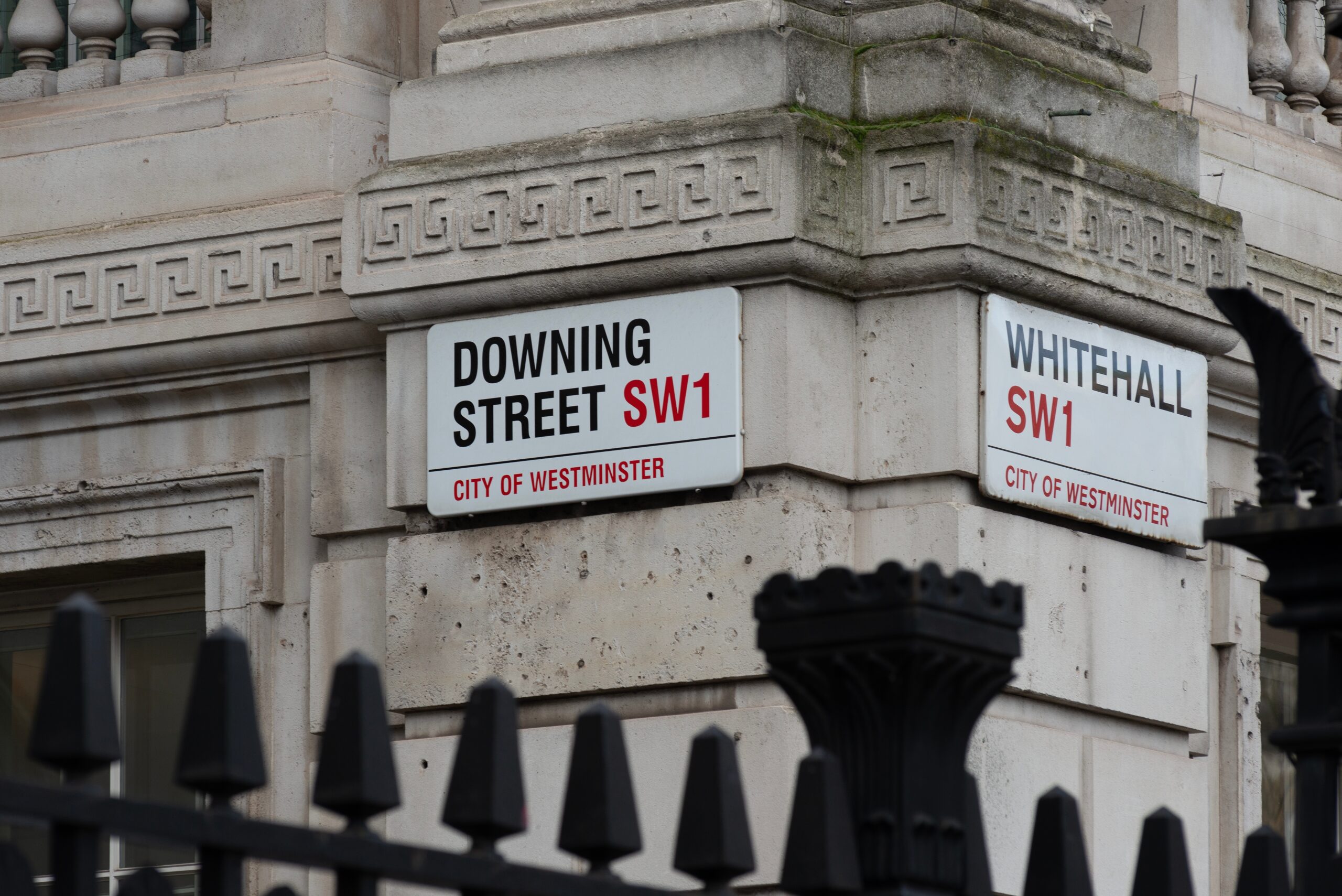Trade union membership and the economy

New Economics Foundation research, funded by the FDA and Unions 21, explored the impact of unionisation on wages and growth rates across Europe over the last 30 years and found that overall, declining union density has had a negative effect on national income growth. The weakening of trade unions has slowed down our economy.
The main reason for this is that wages and salaries are not just a cost for employers, but also represent demand in an economy. The assumption that increasing wages means cutting into profits might be true for an individual firm – ignoring the productivity boosts resulting from pay increases – but for the national economy, higher wages create bigger markets and can therefore increase national income.
What is critical here is to determine which of these effects outweighs the other, by answering the question of whether an economy is “profit-led”, meaning wages as costs dominate, or “wage-led”, where the benefits of higher wages are stronger. This is done by measuring the cost of rising wages against the level of market expansion, on a country-by-country basis. When we explored our own economy, our research shows that the UK is a wage-led economy: growth is driven more by wages than company profits.
So, what are the implications of this for trade unions? The slide in union membership levels, from half of the UK’s working population in the 1970s to around a quarter today, is a major cause of wages giving way to company profits. The fact that fewer people are in unions has contributed to the drop in the wage share of national income, from 76% in 1976 to 67% today.
There are of course several other factors that have contributed to the falling wage share. Globalisation and technological change have boosted profits – though by how much is a contested question. A more significant driver is our increasingly financialised economy – meaning that we produce and export less in the UK than we used to, but spend more time trading in financial markets – the profits from which don’t translate into wages.
Taking account of these other factors, empirical evidence shows an effect that is statistically significant between the declining collective voice of the workforce and the shrinking slice of the national income pie that workers receive through wages.
“The slide in union membership levels, from half of the UK’s working population in the 1970s to around a quarter today, is a major cause of wages giving way to company profits.”
Based on this we can estimate that the decline in union density over the last four decades has, through its effect on the wage share, reduced GDP by £27.2bn at current rates. This is a significant loss – and contradicts claims that loading further restrictions onto union activity would be economically beneficial.
Since the 1980s the labour market and workplace have changed beyond recognition, and in ways that mean employees are now less able to speak collectively. Staff are more isolated, often split across different types of contracts, workplaces, even countries.
This appears to be a direct case: declining union membership goes against the Government’s stated economic aim of making Britain prosper.
Related News
-

Education Minister Paul Givan must provide clarity over Israel visit – FDA NI National Officer Robert Murtagh
The FDA’s National Officer for Northern Ireland Robert Murtagh has called on Minister of Education Paul Givan to urgently clarify the use of departmental resources for a recent trip to Israel.
-

No.10 briefings against Cabinet Secretary Chris Wormald “stink of political cowardice”, Penman says
FDA General Secretary Dave Penman has condemned briefings from No.10 sources that Cabinet Secretary Chris Wormald had lost the confidence of senior figures in Downing Street and would likely be replaced by January next year.
-

“Significant gaps” in current Northern Ireland standards regime, says Murtagh
FDA National Officer for Northern Ireland Robert Murtagh has called for a strengthened standards regime in Northern Ireland government.